When seeking a mortgage for small business owner the challenge usually isn’t credit or assets. The challenge is usually taxable income. For that reason, we have put together a comprehensive guide on what is available for small business owners seeking a home loan in today’s market.
Small business owners commonly take full advantage of the tax write-offs that they are entitled to. This is a great way to minimize your tax liability. The only time it really bites you in the butt is when it’s time to get qualified for a home purchase or refinance.
The reason high write-offs creates a challenge with mortgage approval is because one of the main qualifying factors is your debt-to-income ratio.
Monthly Debt / Monthly Income = Debt-to-Income Ratio
Example: if your monthly debt (including mortgage with taxes and insurance) is $2,500/month and your income is $5,000/month, your debt-to-income ratio is 50%.
Typically the max debt to income ratio is 50% (up to 57% in some cases) on a traditional mortgage.
In simple terms, this means your monthly income needs to be about double of whatever your monthly debt is. This includes liabilities on your credit report, plus any taxes/insurance on real estate you own. In addition, alimony and child support will play a factor in your debt-to-income ratio.
So what if you are a small business owner and you have a great CPA who helps you take advantage of the write-offs you’re entitled to?
Well, again, that’s extremely common and also creates a debt-to-income issue from a taxable income standpoint.
If that is you, then you need an alternative documentation loan for small business owners.
Alt-doc Mortgage for Small Business Owner
There are three main ways to get approved on an alt-doc mortgage if you’re a small business owner.
- Business Bank Statement Mortgage
- Personal Bank Statement Mortgage
- Profit and Loss Mortgage
- No Income Verification Mortgage Loan
For all of these options tax returns are NOT required. The purpose is to use an alternative approach to income calculation, and exclude tax returns from the equation.
Let’s take a quick look at each option.
Business Bank Statement Loan
If you use your business bank account to handle all transactions and you don’t pay yourself into a personal account then you’ll likely need to do a business bank statement loan.
Depending on your history, you can look at getting approved with 12 or 24 months statements.
The lender will review your bank statements in detail, looking for large/unusual deposits and NSF’s.
Any large/unusual deposits will need to be explained.
If there is a pattern of NSF’s it could be an issue.
For a business bank statement loan you’ll need:
- At least 15% down payment for home purchase
- Letter from CPA or tax preparer stating what your expense factor is. An expense factor tells how much percentage of your gross income goes toward expenses
- Proof you have been in business for at least 2 years
- Proof of 100% ownership in the business
- As low as 600 credit score
Per the CPA or tax preparer’s letter, the expense factor will be applied to your gross deposits to come up with your usable income.
Example: Gross deposits over 12 months are $100,000, minus 30% expense factor = $70,000 usable annual income.
A business bank statement loan is a great mortgage for small business owner if you have strong deposits and keep clean records.
These are allowed on home purchase, refinance, and cash out refinance.
Personal Bank Statement Mortgage
If you pay yourself from a business account to a personal account, a personal bank statement loan will likely be your best option.
This is a very clean and simple way to get approved as a small business owner.
It’s more simple than a business bank statement loan because an expense factor is not applied to your income. This is because the expenses are handled through the business account, not the personal account. So deposits from business to personal is treated as net income.
The lender will review 12 or 24 months statements and add up deposits coming from your business account. Again, no expense factor will be applied.
Just like with business bank statements, if there is a pattern of NSF’s it could be an issue.
For a personal bank statement loan you’ll need:
- At least 15% down payment for home purchase
- Proof of being in business for at least 2 years
- As low as 600 credit score
- 3 months business bank statements to show proof of where your deposits are coming from
A personal bank statement loan is a great mortgage for small business owner if they are paying themselves from a business account to a personal account.
These are allowed on home purchase, refinance, and cash out refinance.
P&L Mortgage
If your bank statements are simply too complex to use for mortgage approval, an alternative option is to get approved with a Profit and Loss Statement.
With a P&L mortgage your CPA or licensed tax preparer will need to sign off on a 12 month P&L.
If you don’t have a CPA or licensed tax preparer you can hire one.
For a P&L mortgage you’ll need:
- At least 20% down payment for home purchase
- Proof you have been in business for at least 12 months
- Proof of percentage of ownership of business (K-1 or other 3rd party documentation)
- Profit and loss statement covering the most recent 12 months including month/date/year
- P&L must be signed/dated by appropriate 3rd party (CPA or licensed tax preparer)
- 3rd party must provide proof they are licensed or certified
- As low as 600 credit score
A P&L mortgage is a great option for a small business owner if you’re looking to simplify the overall alt-doc approval process.
P&L mortgage is available on home purchase, refinance, and cash out refinance.
No Income Verification Mortgage
With a no income verification mortgage, you do not list any employment or income on your loan application.
You do not provide any proof of income either.
These loans are approved based on credit and income.
- Available for primary residence and 2nd homes
- Can be done on a purchase and refinance
- Home Purchase – Minimum down payment is 20% (with 740+ credit and 12 months reserves)
- Home Refinance – Up to 80% loan to value ratio (with 740+ credit and 12 months reserves)
- Can be done with as low as 640 credit on case by case basis.
Everything you need to know about a no income verification mortgage here.
In Summary | Mortgage for Small Business Owner
Getting approved for a mortgage is possible if you’re a small business owner even if you don’t meet traditional income documentation standards.
Demonstrating your ability to repay the mortgage as well as your current liabilities is the name of the game.
The way to do that is to provide 12-24 months business or personal bank statements. If that doesn’t work, a P&L mortgage may be the solution you need.
For all options listed above, tax returns are NOT required.
Most importantly: you need to work with a lender that has extensive knowledge and experience with these types of alternative documentation loans.

I invite you to reach out.
Get your questions answered.
We have been able to get many borrowers approved who were previously told by other lenders that they could not buy or refinance a home.
Send us an inquiry below to see if we can accomplish your goals.
If we cannot help, we will do our very best to point you in the right direction or put together a plan for what needs to happen to accomplish your goals.
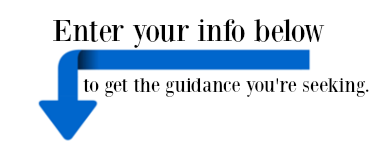

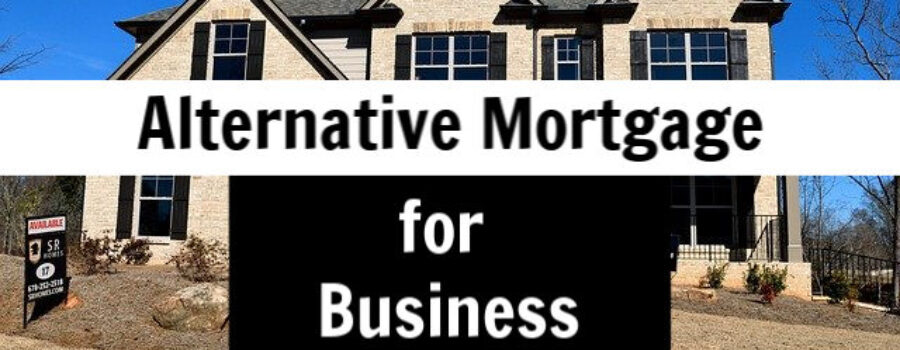
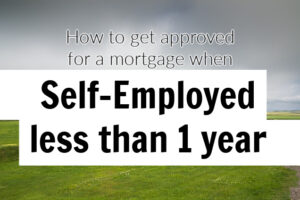
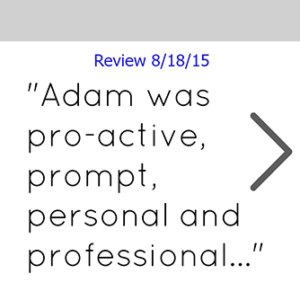
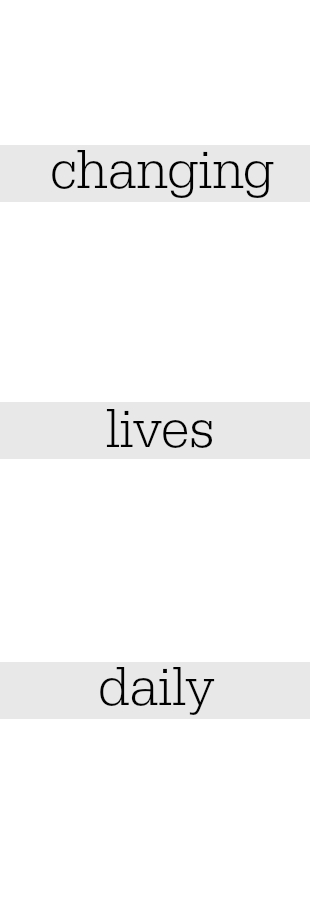
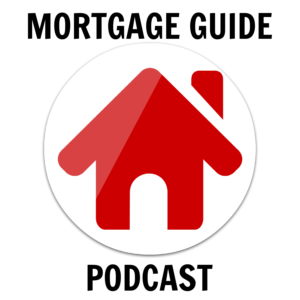
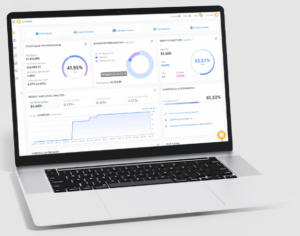
2 Comments
Leave your reply.